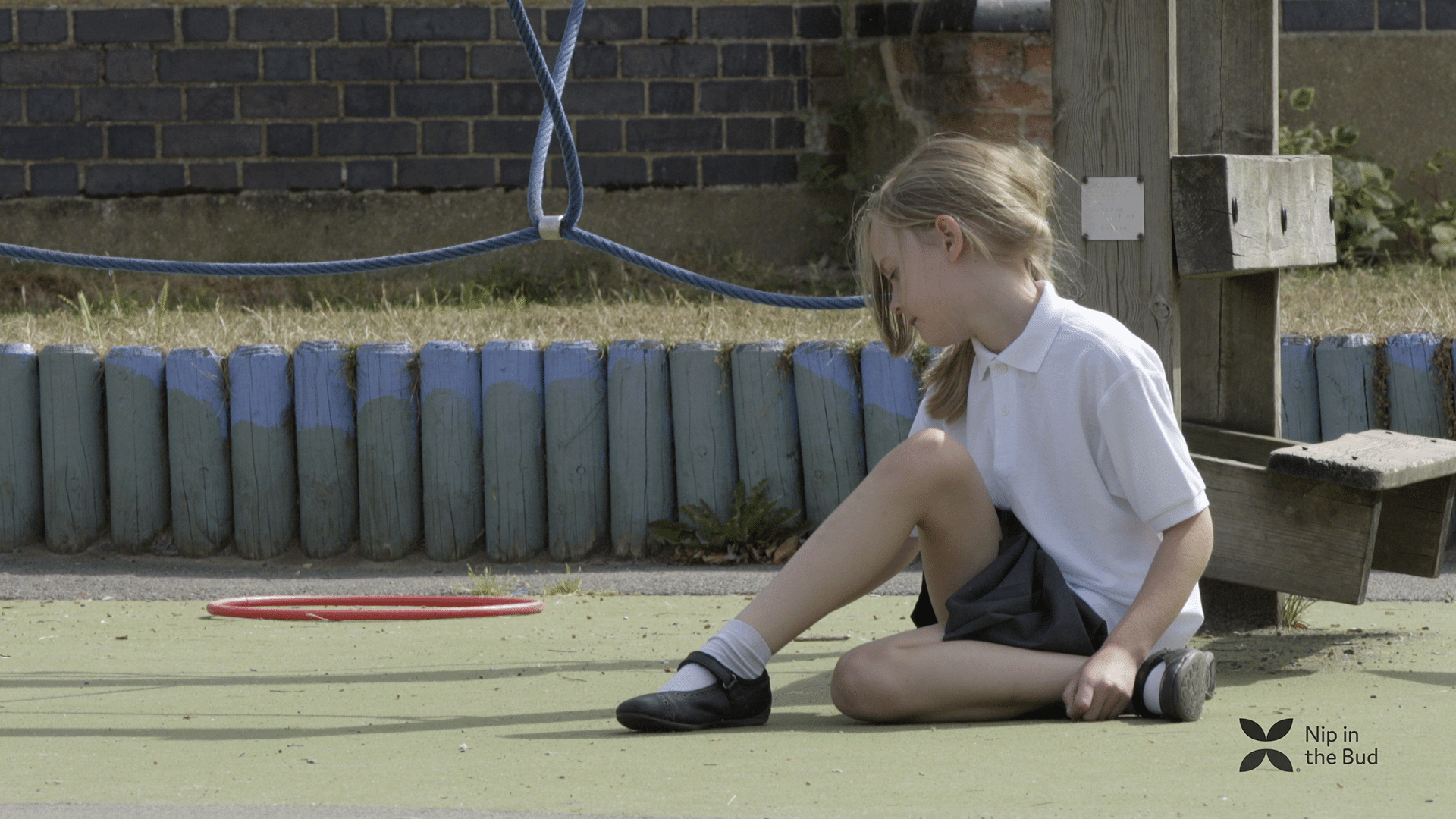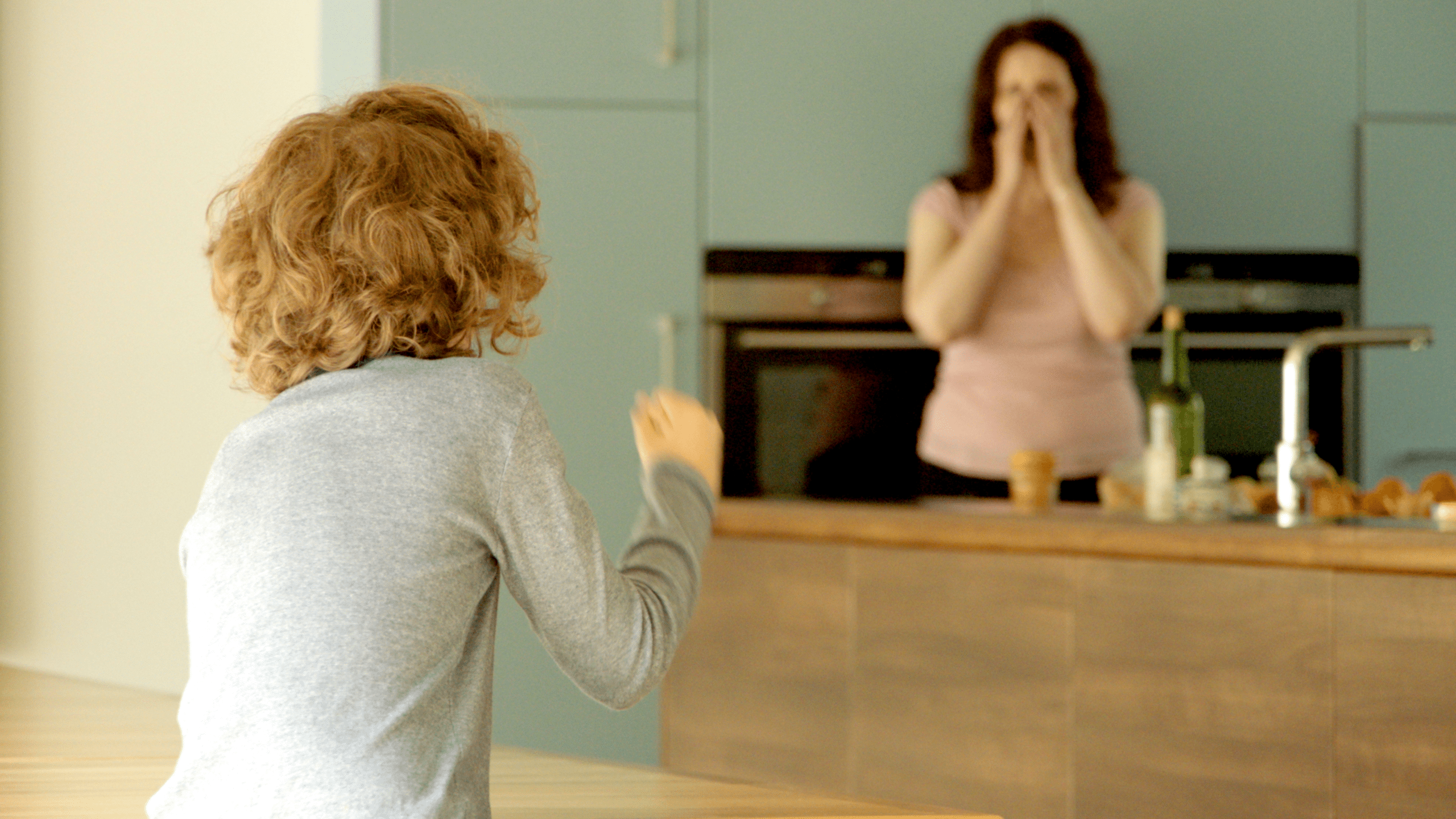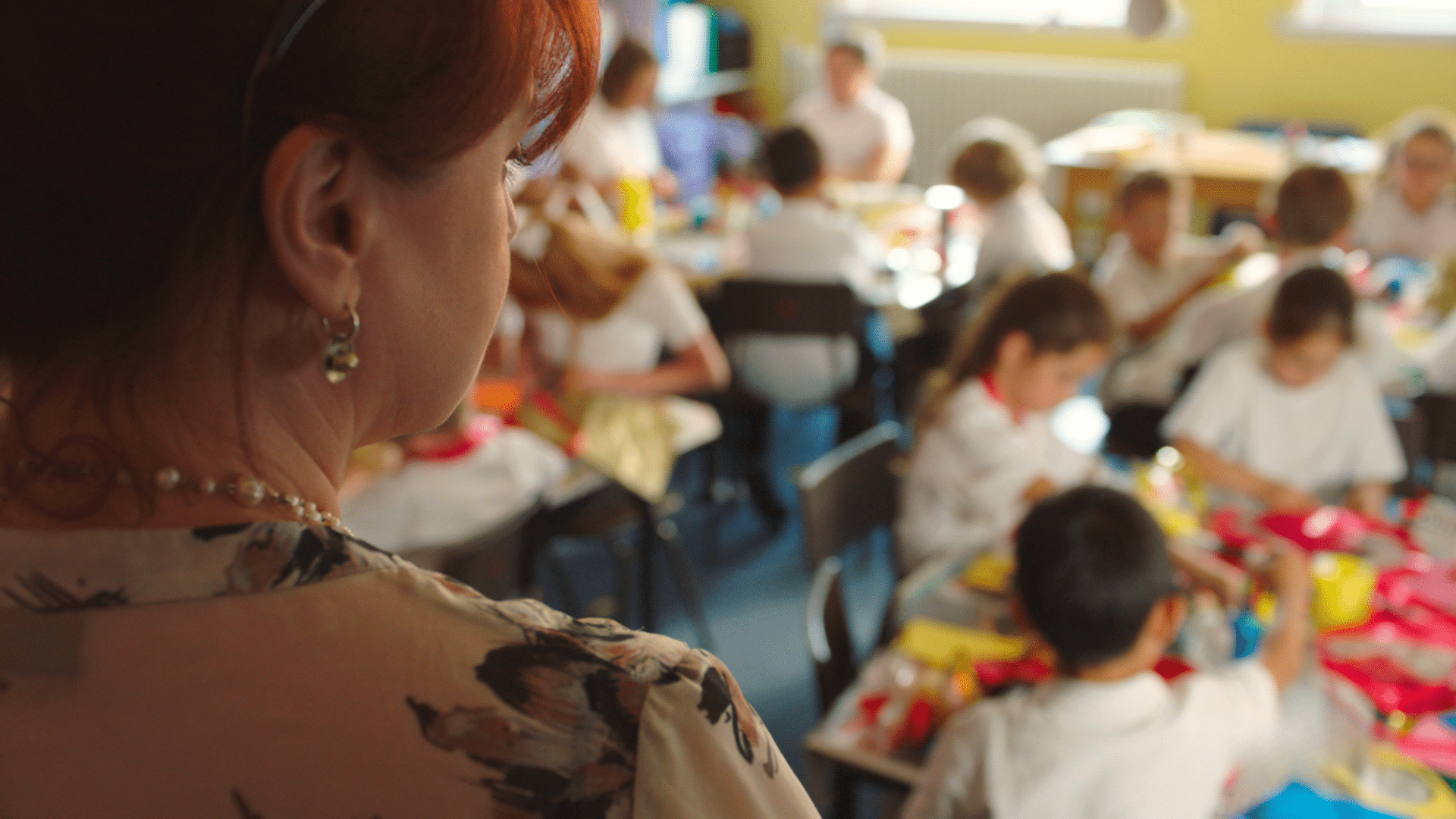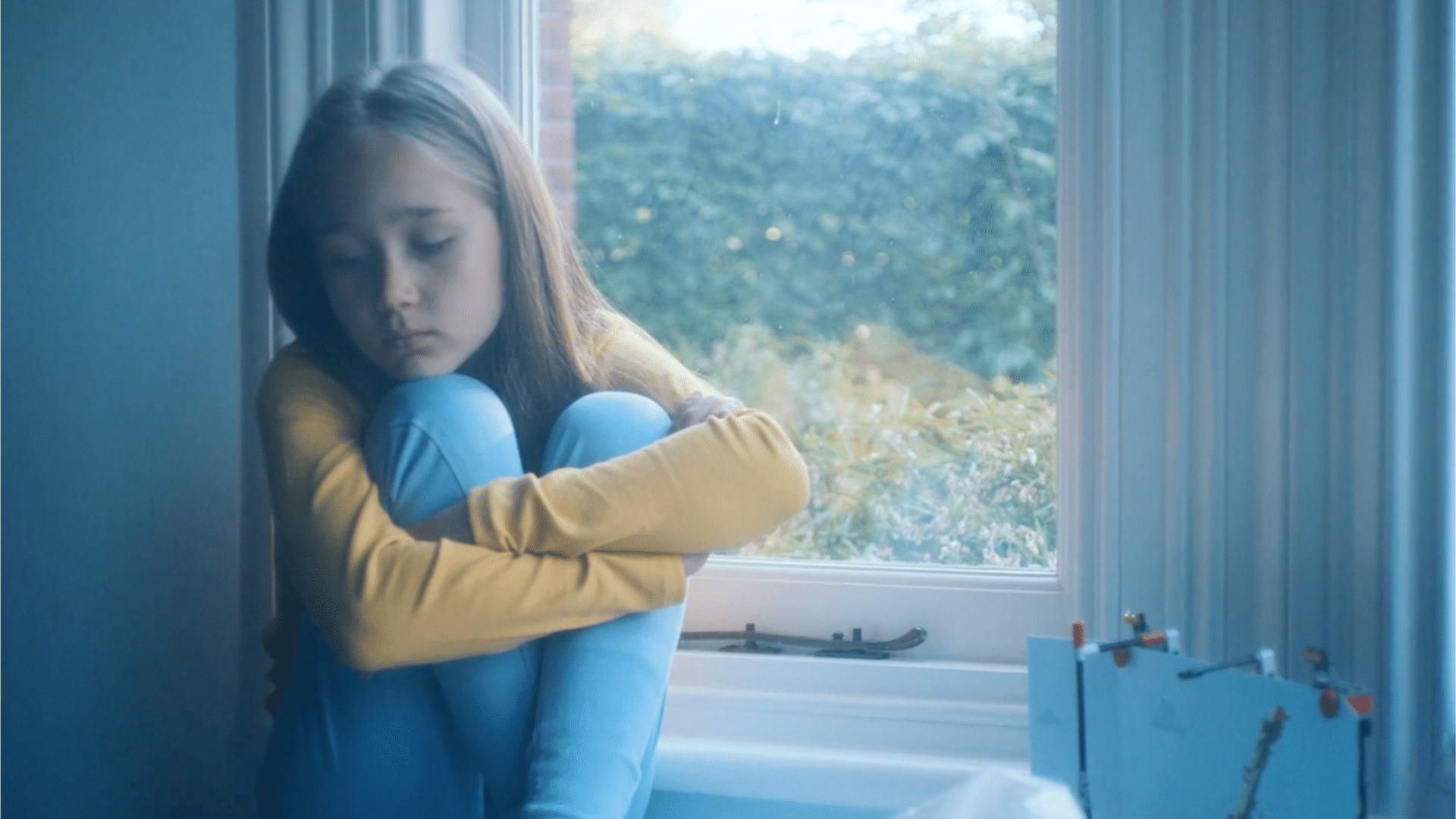
Neurodiversity can affect people in different ways from childhood right through to adulthood. Here Sarah Nabarro shares her own experience of being Neurodivergent and being diagnosed with Dyspraxia aged 30.
When I was first asked to write about neurodivergence, I felt a little overwhelmed. And then I realised that this typically neurodivergent response to – for some of us at least – most things in life, was a good place to start…
Neurodivergence is a vast topic that is not only often misunderstood, but, in some ways, not understood at all – from Psychotherapy, to Psychiatry, every school of thought has a different “expert” view on what it’s all about. And then there’s the fact that there is no one single experience of neurodivergence. I’m Dyspraxic, and you will not find one Dyspraxic experience that is like another’s. We are all unique human beings – and I realise it should be surprising that this needs to be said, but I think that it does.
I shared the fact that I was writing this piece with my online Dyspraxia group and asked people what they wish the adults and educators around them had known when they were growing up, as well as what they still wish was known, or understood, by neurotypical people in their lives now.
A running theme was don’t make assumptions – from assuming that we have nothing to say because, for some Dyspraxic people, processing conversation, thoughts and words simply takes longer, but the thought at the end of it may be well worth hearing, to assuming that neurodivergence, or Dyspraxia, will always look a certain way. We want to be seen, and we want to be heard – with our neurodivergence, without being hidden by it. Making assumptions about someone based on a label can be as harmful as not understanding the label at all.
I, for example, received the label Dyspraxic aged 30, but I’m not particularly “clumsy” … My issues are largely mental. My mental coordination – organising thoughts, prioritising tasks, orientating myself in space, understanding time – is endlessly challenging even while my physical coordination is functional enough. My executive functioning is also not good at all, but I was on my school netball team, and quite good, aged 11. All of this is to say that I don’t necessarily look “Dyspraxic”, but it’s significantly impacted my career, I’ve been bullied in most of the workplaces I’ve been in due to lack of understanding, and I was badly bullied in primary school because Dyspraxia also affects me socially. There can be many similarities, in fact, between “mild” Autism and Dyspraxia. In other words, the experience of neurodivergence is wonderfully – sometimes awfully – but totally humanly complicated.
Someone from my Dyspraxia group wrote, powerfully, that she didn’t want to be defined by her ‘problems’. And I think that when we start to recognise that neurodivergence is simply another experience of being human, it becomes easier to acknowledge that cry to be seen holistically. The label is just a starting point, and what it means for, and how it is experienced by, each individual will be different. I’ve had a someone tell me that I ought to be able to drive, for example, because they have a friend who is ‘much more dyspraxic’ than I am – and can drive. I can’t comment on the friend; only that the mental disorganisation and frequent sense of overload and overwhelm inside my head feels significant enough that the only thing I can be confident about when it comes to driving is that I shouldn’t be doing it. Dyspraxia, like any other label, is the start of the story at the end of which is a whole person. We are all – neurotypicals and neurodivergents alike – unique individuals, but too often, neurodivergent “difference” puts us in danger of being seen as all the same.
And that “same” tends to be negative. Because the other cry I heard in the feedback my message received was to do with celebrating ourselves, our strengths and our often particularly impressive creativity. We may not be very good at thinking inside normative boxes, but we are incredibly good at thinking outside of them. I learnt from the Nip in the Bud podcast on Dyslexia that Einstein was Dyslexic. It makes sense.
Someone wrote to me that she wished that, when she was a child, an adult had told her to do what she was good at – to do what she loved. She wished she’d been given permission not to stress about all the things she couldn’t do. She wished she’d been told that she was OK as she was.
And this response resonated deeply with me because I know, too well, the pain of living with the sense that there is something wrong with me and the sense that I’m failing because I have not succeeded – in some cases by a long way – in achieving what my peers have achieved. But I am, as a grown-up, still learning where it’s OK to push myself without punishing myself, and where it’s OK to remind myself of my difference and give myself a break. I learnt early on that I needed to be more like everyone else – which is a wild goose chase if ever there was one.
It’s easy for those of us who are neurodivergent to feel wrong about ourselves. Perhaps we can’t keep up, perhaps we fail to follow social cues and inadvertently upset people while feeling probably worse about that than many neurotypicals (because we tend to be highly sensitive and overthink things). A lot of us push ourselves to be like “everyone else” and then we burn out and suffer mental health crises. But in the right environments, with people who’ve taken the time, or have the empathy and patience, to listen to and understand us – to see beyond the labels – we can flourish and contribute in so many wonderful ways.
It was no coincidence that when I finally transferred schools aged 7 1/2, and the bullying stopped and I had teachers who cared, it emerged that I wasn’t “thick”, which had been the label I’d received in my first school. In fact, to my own surprise, I soon discovered myself at the top of the class. In those first two weeks in my new school, I remember thinking to myself This is Heaven! What had changed was not me, but my environment. The problem is not the neurodivergent child; it’s the wrongness of a particular environment for that child. Like any other child, or young person, neurodivergent children will shine when those around us believe we can and give us the opportunities to do so. Finding out who the child is, their strengths and their passions is key. And isn’t this true for all children? In so many ways, our differences are actually what make us so, so typically human.
Sarah Nabarro





